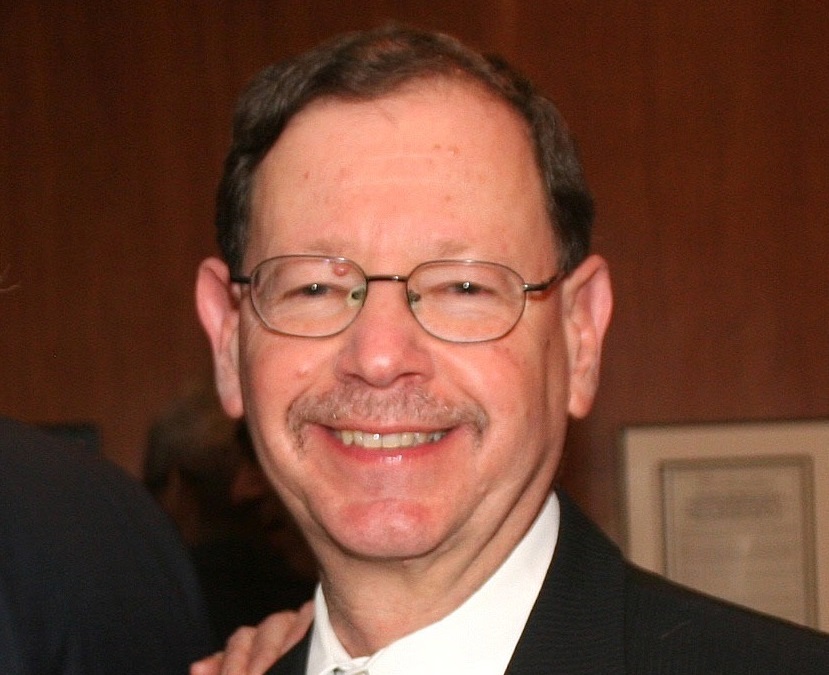‘Stolen’ Brooklyn homes to be returned after judge slams city housing program
Judge Partnow: ‘Unconscionable and shocking to the conscience of the court’

In a victory for a handful of beleaguered homeowners, Brooklyn Supreme Court on Thursday vacated foreclosure judgments against six property owners who lost their valuable real estate through the city’s Third Party Transfer Program.
Justice Mark Partnow reasoned that the city’s “overly broad and improper” use of the housing preservation program resulted in the owners’ losing their property, causing a “grave injustice,” according to the text of the decision.
The scathing decision against the city program may have broad implications across the five boroughs, extending far beyond the six property owners.

Brooklyn Boro
View MoreNew York City’s most populous borough, Brooklyn, is home to nearly 2.6 million residents. If Brooklyn were an independent city it would be the fourth largest city in the United States. While Brooklyn has become the epitome of ‘cool and hip’ in recent years, for those that were born here, raised families here and improved communities over the years, Brooklyn has never been ‘uncool’.